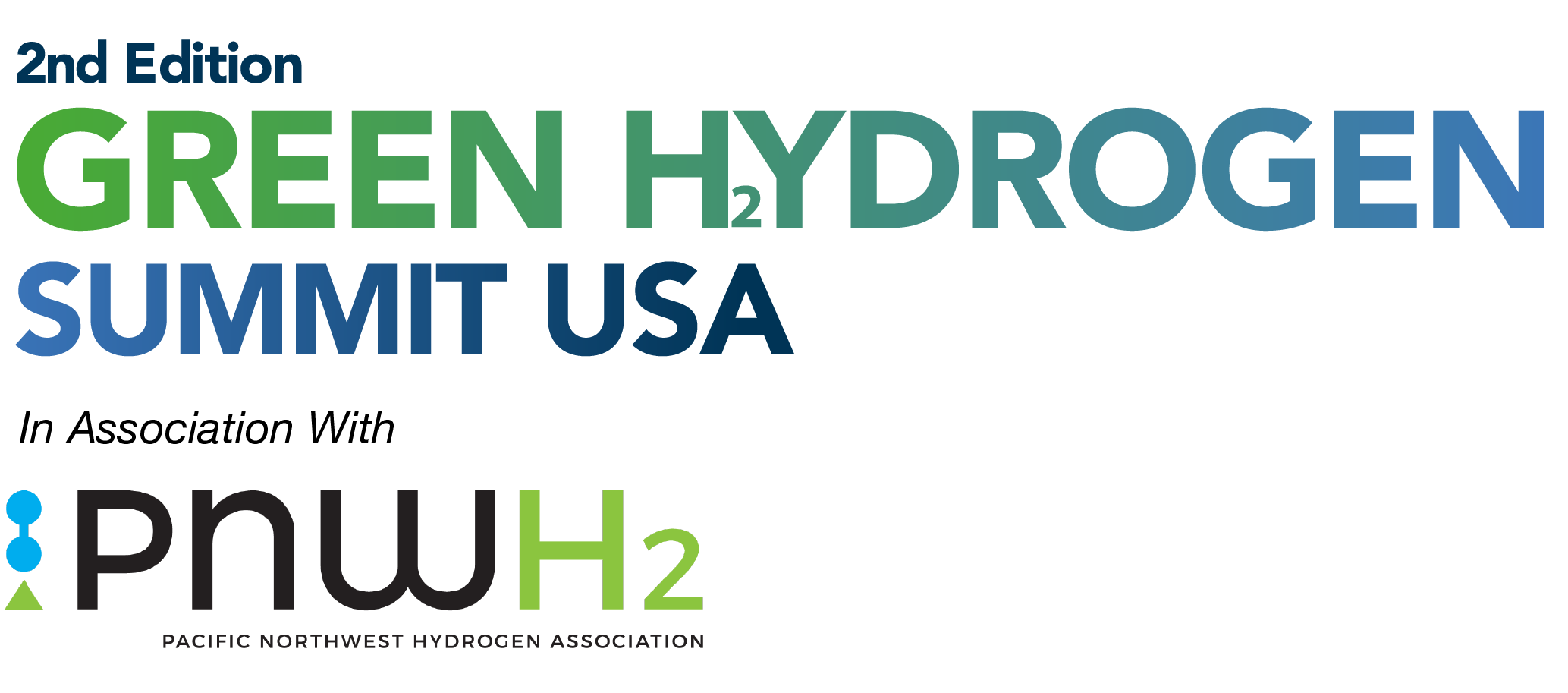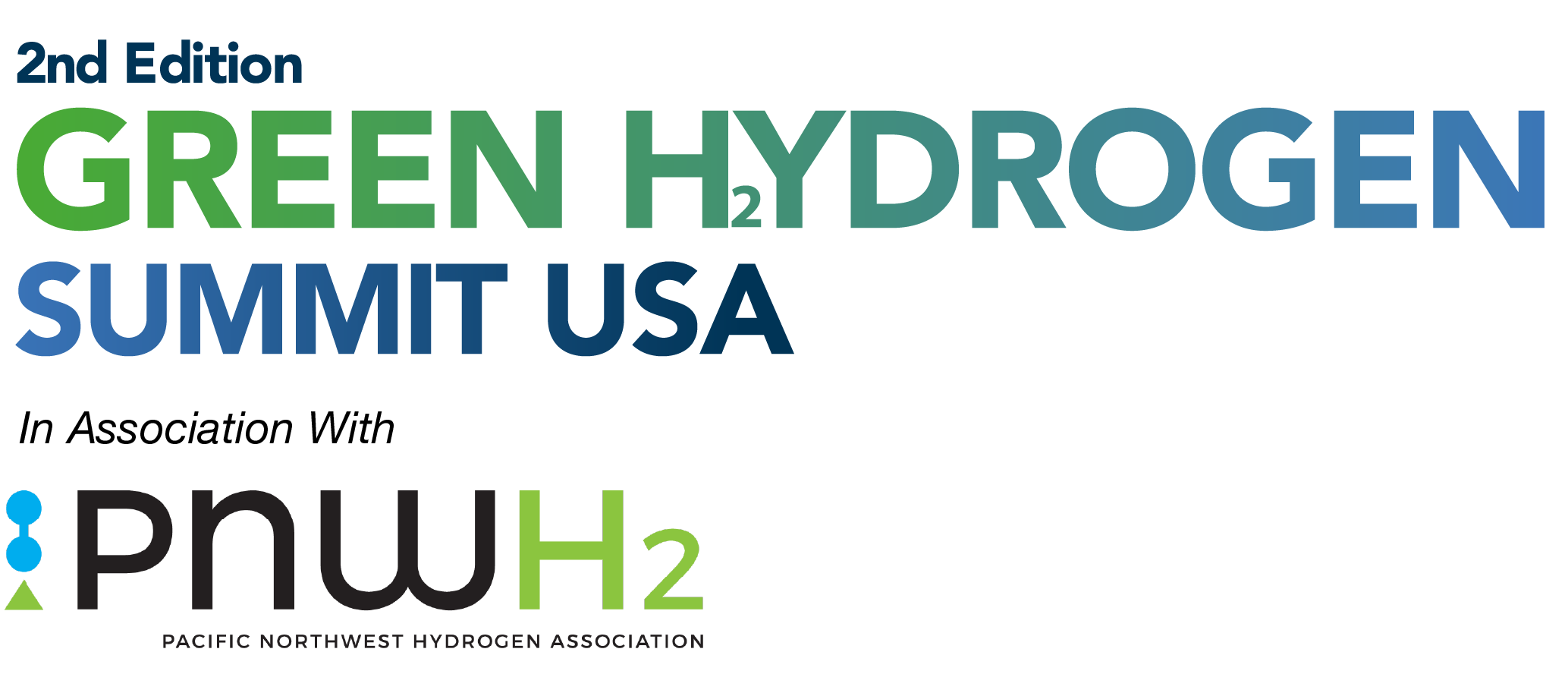2025 Agenda
Are you interested in sharing your knowledge at the Green Hydrogen Summit USA? We're looking for speakers for panel discussions and presentations. Contact La' Marisa Barclay, the conference producer, to discuss these opportunities.


2025 Agenda
Are you interested in sharing your knowledge at the Green Hydrogen Summit USA? We're looking for speakers for panel discussions and presentations. Contact La' Marisa Barclay, the conference producer, to discuss these opportunities.